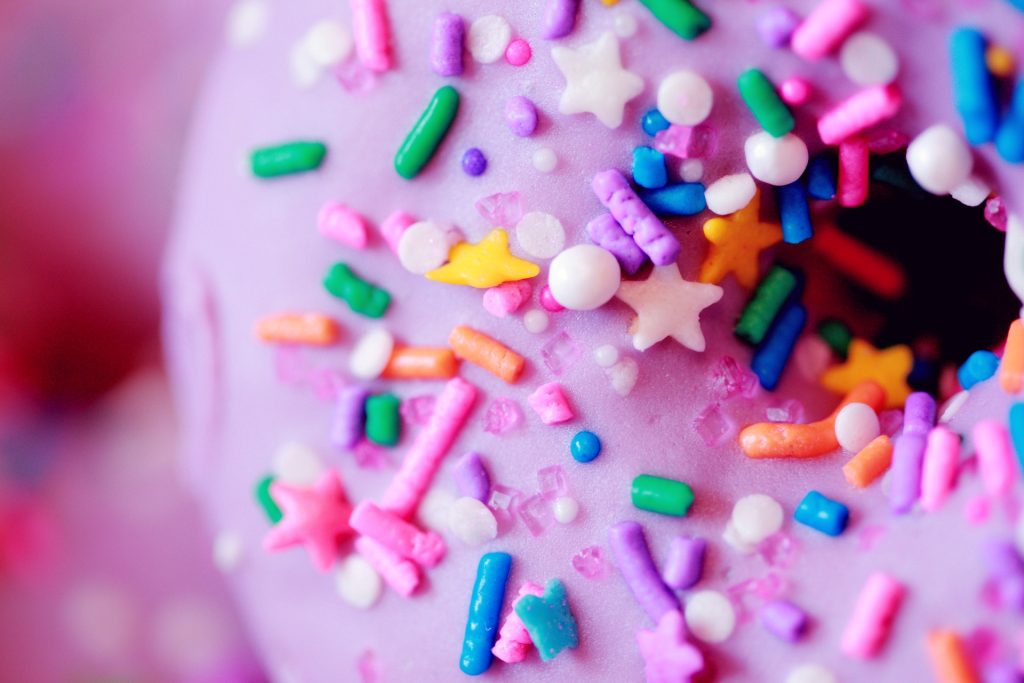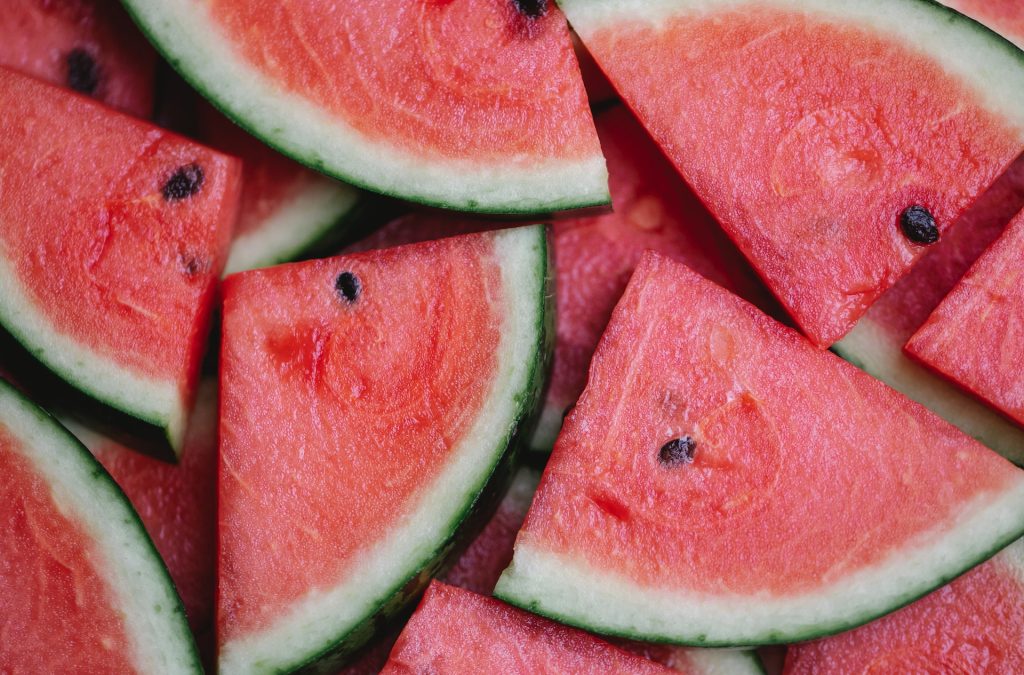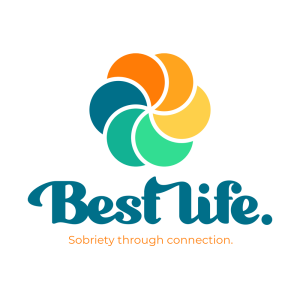Sugar, gosh it’s great, isn’t it? In its many, many delightful forms, has become an inescapable part of our daily lives. From fizzy cooldrinks to mouth-watering desserts, to sugary foods, it seems to be everywhere. While it might boost our endorphins and satisfy our taste buds momentarily, excessive sugar consumption can lead to a plethora of health problems, including erratic blood sugar spikes and crashes. What’s even more concerning, people in recovery from addiction may find themselves grappling with a new addiction: sugar.
Sugar Addiction: A Lesser-Known Struggle
Sugar cravings can often feel very similar to cravings for other substances or addictions. For individuals in recovery, this is more than mere coincidence. Research has shown that sugar can stimulate the same pleasure centers in the brain as addictive substances and behaviour. This makes sugary treats a seemingly innocuous replacement for other cravings – and many of us lean on it to help ease our transision.
The cycle of craving, indulgence, and withdrawal can become a new addiction in itself, trapping individuals in an endless loop of temporary satisfaction followed by intense cravings. Not least of all when your body is craving sugars that it lost from excessive alcohol consumption.

The Impact on Health
Excessive sugar consumption is linked to a range of health problems, including obesity, heart disease, and diabetes. Erratic blood sugar spikes and crashes can lead to fatigue, mood swings, and continuous cravings for more sugar.
For those in recovery, this cycle can be particularly perilous. The ups and downs mirror the highs and lows of substance addiction, potentially triggering relapses or at the very least, making recovery a more difficult and strenuous process.
Strategies to Break the Sugar Habit
- Educate Yourself: Understanding the hidden sources of sugar in your diet is essential. Reading labels, being aware of added sugars, and knowing the various names sugar goes by can help you make informed choices.
- Choose Healthy Alternatives: Replacing sugary sodas with sparkling water or herbal teas and opting for fruit instead of candy can satisfy cravings while providing nutritional benefits.
- Cook at Home: Preparing meals and snacks at home gives you control over the ingredients, helping you reduce or eliminate (hidden) added sugars.
- Avoid Sugar-laden Desserts: As delicious as they are, rich desserts are often packed with sugar. Experimenting with recipes that use natural sweeteners or smaller amounts of sugar can still satisfy your sweet tooth without the negative impact.
- Seek Professional Help if Needed: If you find yourself struggling to control sugar cravings, especially if you’re in recovery, professional guidance from a dietitian or addiction specialist may be beneficial.

Embrace Balance and Mindfulness
Life is about balance. Completely denying oneself pleasures like an occasional treat may lead to feelings of deprivation and may ALSO not be sustainable in the long term. What’s crucial is mindfulness and moderation.
Regulating sugar intake doesn’t mean never enjoying a piece of cake again; it’s about recognising the role sugar plays in your life and making conscious decisions to control it. Especially for those in recovery, this awareness and control can be an empowering step towards overall wellness.
The journey to wellness, especially for those in recovery, is multifaceted. While the emphasis is often placed on avoiding addictive substances, the potential addiction to sugar and its adverse effects on health cannot be overlooked.
By recognising the similarities between sugar cravings and cravings for addictive substances, individuals can make informed decisions to regulate their sugar intake. Through education, mindful choices, and embracing balance, it’s possible to enjoy life’s sweet moments without falling prey to the pitfalls of sugar addiction.
In the end, it’s all about creating a life rich in flavor without the unnecessary sweetness of excess sugar. The path to wellness is a journey worth taking, and every step in the right direction counts. Now, why not check out the Best Life app, and see the tips and tricks others have shared on the Community Page.


One Response
Gosh, this is so suiteable to me.